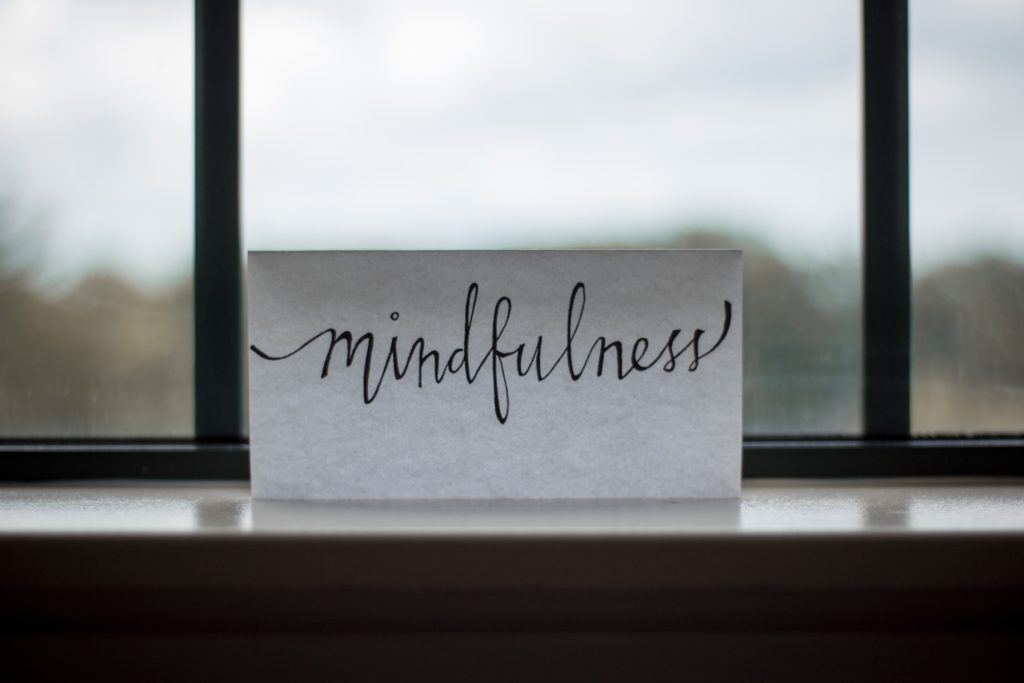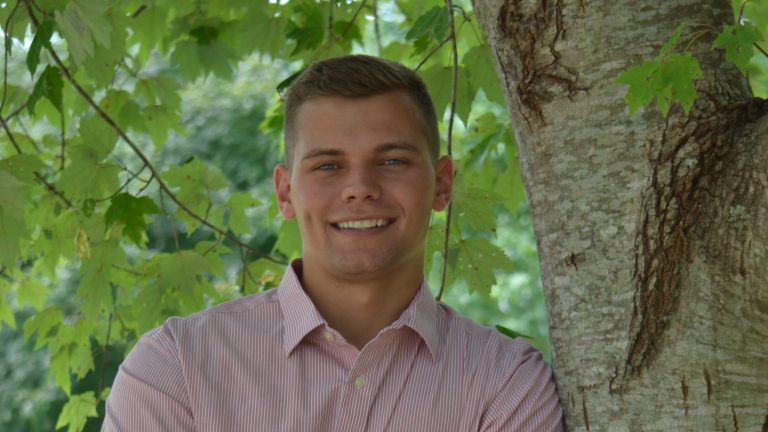Everyone has experienced anticipatory anxiety in one shape or another. Anticipatory anxiety happens when someone experiences an increased amount of anxiety and stress when thinking about an event that will happen in the future. These could be big events like giving a presentation at school or having a job interview, or they could be something more common such as parking your car or calling a friend. It’s normal to have some level of anxiety before events, but if this begins to overwhelm your life there are some techniques that might help.
Techniques to Help with Anticipatory Anxiety
Deep breathing – Deep breathing exercises are often the first thing to try when experiencing feelings of anxiety and stress. A lot of times these feelings are accompanied with hyperventilating, tightness in your chest or other areas in your body, and more, so learning how to control your breaths can be very beneficial when it comes to calming your body. One technique I use a good bit with my clients is called box breathing. This is a technique where you imagine a box and each side of the box represents a four second window. Take a deep breath for four seconds, hold for four seconds, release for four seconds, and then sit with no air in the lungs for four seconds. Repeat at least four times. The idea behind this technique is to get your heart rate and breathing patterns back to a more normal rhythm.

Progressive Muscle Relaxation – It’s common to tense up when feeling panic or anxiety, but you might not even realize it. Practicing progressively tightening and then relaxing your muscles can give you more awareness of how your body is reacting to the situation.
Guided Visualization – This involves imagining yourself in a calm and relaxed state. People find success with this technique in different ways. One option is visualizing a happy place that creates a safe feeling. Another option is imagining a successful outcome of what you are currently feeling stressed about. A lot of times when I am working with a person who has a big presentation or meeting coming up with work I will have them imagine the event progressing along step by step and processing how each moment of the exercise went for them.

Practicing Mindfulness – There are hundreds of ways to practice mindfulness some of which I will touch on in future posts. One mindfulness technique that I find works often with my clients when they begin to feel flustered and anxious is to identify one of each of your five senses around you. Locate something you can see, touch, smell, taste, and hear. This will help you feel more grounded and in the present moment.
Journal writing – writing about your feelings is always a positive activity because it can not only help you identify patterns of anxiety, but it can also help to organize your thoughts and feelings around the anticipatory event.
Are you looking for an Anxiety Therapist in Charlotte, NC?
Everyone experiences anticipatory anxiety at some point in their lives. Having a set of therapeutic tools to pull from when this stress and anxiety surfaces is always a good thing to have. If you think added support from a mental health professional is necessary then I would be more than happy to set up a discovery call with you to see how we can begin identifying the goals you want to achieve and how we can begin to accomplish them moving forward.


